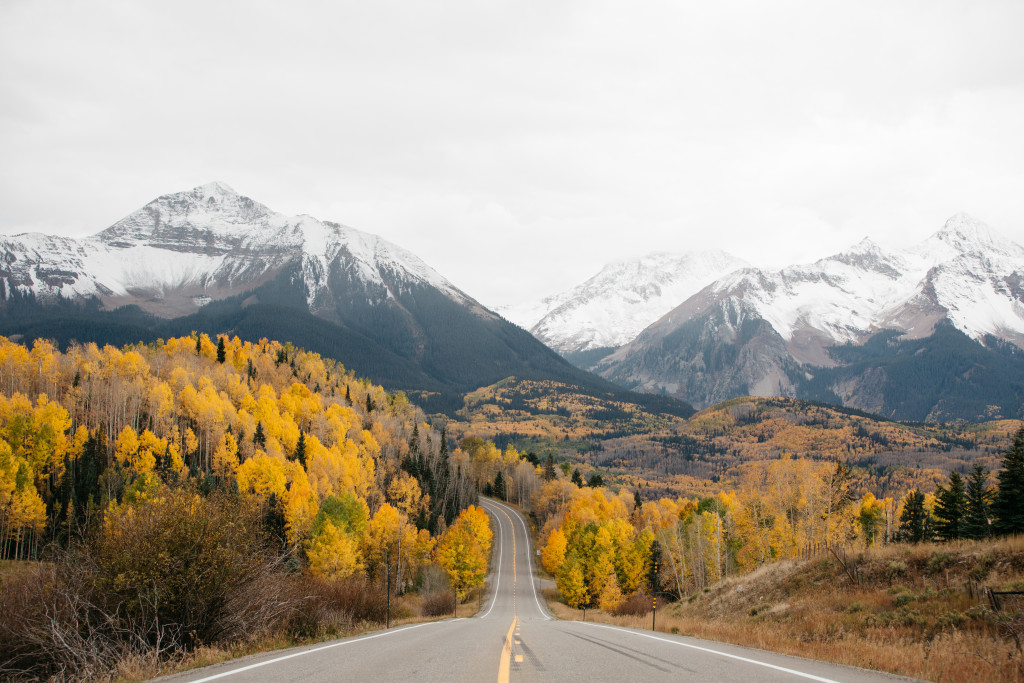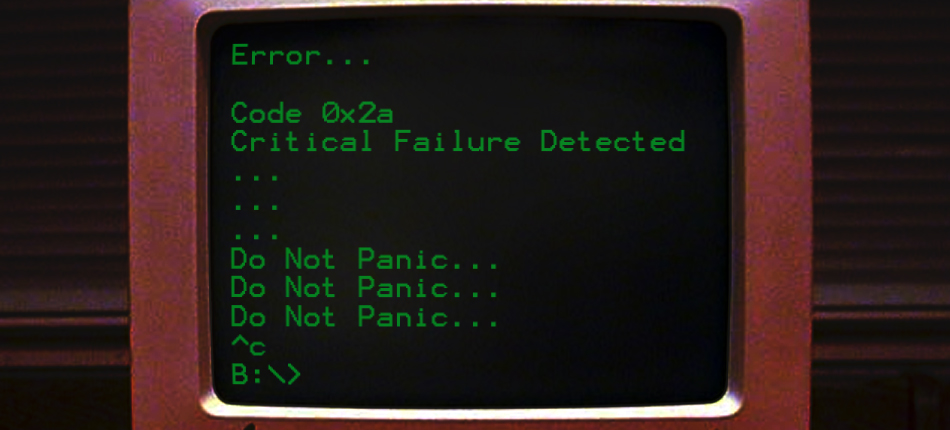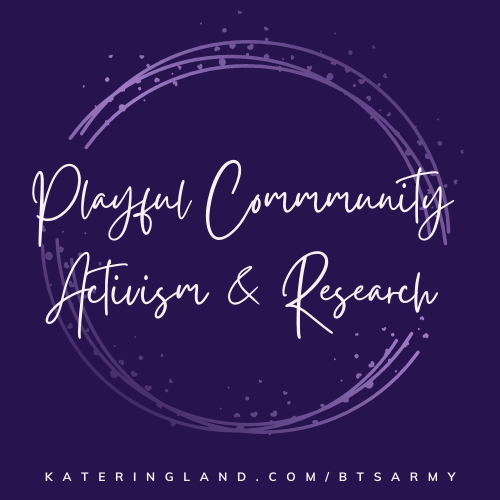This is a continuation of my series of blogs recapping CHI 2019. You can catch up with the first blog, if you missed it, and the second blog on self-care at conferences. For this week’s blog post, I am focusing on social justice and the social impact of research. A number of problems with accessibility arose during the CHI conference, which led to, among other things, a protest by disabled scholars during the CHI Town Hall.
But on a more positive note, this year at CHI, my advisor, Gillian Hayes, won the social impact award. You can and I highly recommend watching the full speech about doing socially impactful work in the CHI community.
As researchers, we are in an enormous place of privilege to be able to do the work we are doing. This privilege did not necessarily come easily and those that are more junior have to work harder than ever to earn that privilege. We have worked hard to educate ourselves. Speaking of which, if you want the list of recommended books from Gillian Hayes’s talk check it out here. However, the number of articles coming out about grad student mental health (as in, they are not healthy) is growing. Young scholars coming from marginalized groups are finding it more challenging to stay in academia, with many leaving altogether. How can we leverage the privilege we have not only to help the communities we work with, but elevate them? How do we elevate those within our own walls that get discounted or even out-right oppressed? This work is hard, but we do not need to make it so very hard, especially if we have any hopes of increasing diversity.
Social impact in research means building relationships in the communities we work in. And relationships means building trust and a true understanding what people need. My own Autcraft work is an example of how I worked closely with a community to help them understand their practices and they were able to leverage my work to help them reach their own goals.

As a sneak peek: Along with my cousin, the wonderful Annie Forsman-Adams, I am in the process of co-founding a nonprofit organization, The Kaina Institute for Equitable Research, to continue some of my community-based work. There are many paths to doing research that has a positive impact on communities and still furthers one’s own research agenda. Let’s all keep up the good work and push ourselves even further. Let’s see what kind of force for good we can be in the world.


Leave a Reply